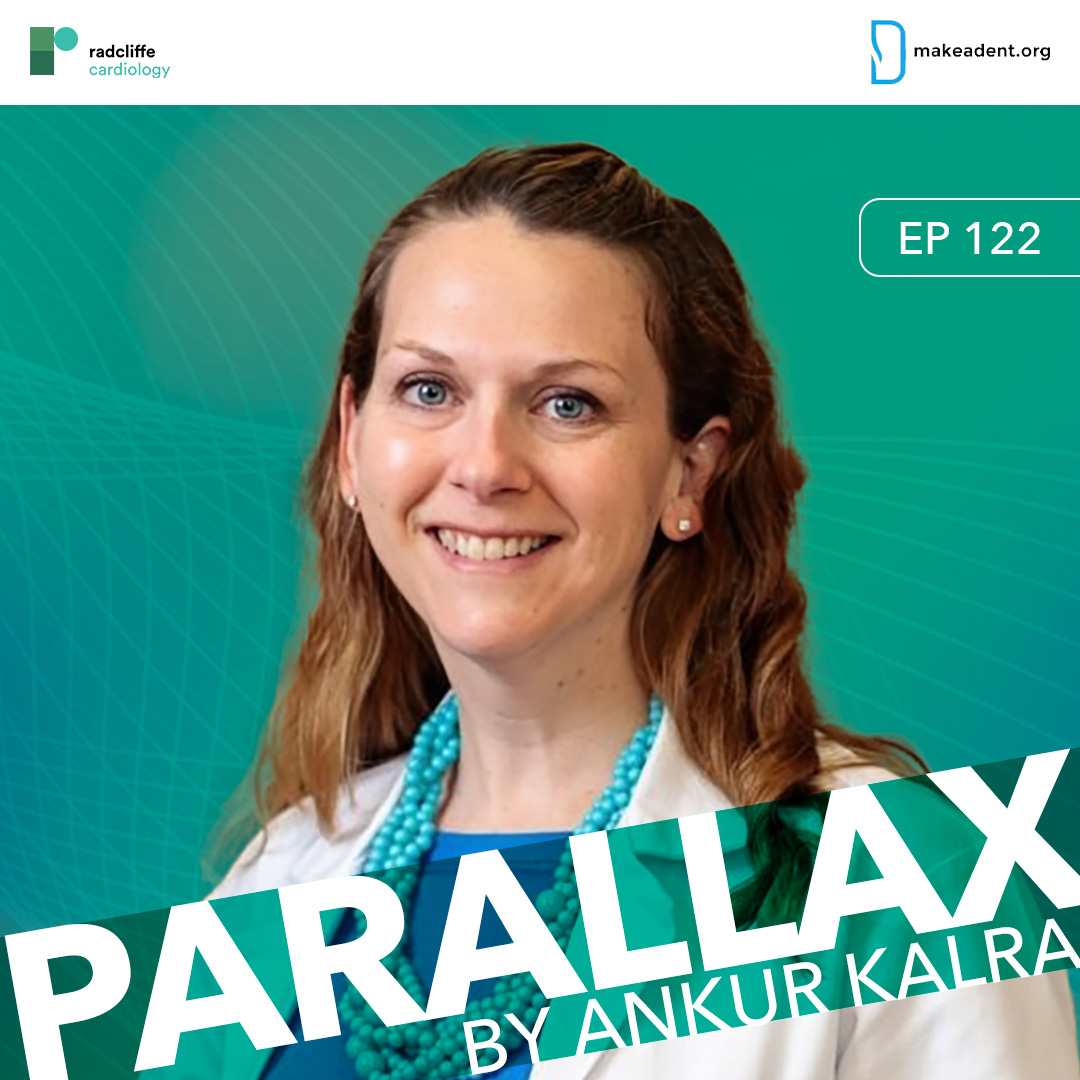
In this thought-provoking episode of Parallax, Host, Dr Ankur Kalra engages in an illuminating conversation with Dr Karen Joynt Maddox, a distinguished cardiologist and health policy researcher at Washington University School of Medicine in St. Louis. Together, they navigate the complex intersection of cardiovascular medicine, health economics, and public health policy.
Dr Joynt Maddox shares her unique journey into health economics research, offering valuable insights for cardiologists considering this vital career path. The discussion delves deep into the need for enhanced collaboration between clinicians and policymakers, emphasizing how physicians' frontline experiences can inform more effective healthcare policies.
In examining the growing presence of private equity in cardiology practices, Dr Joynt Maddox provides nuanced insights into this transformative trend. Through thoughtful analysis, she explores how this financial model shapes healthcare delivery, innovation, and patient outcomes. The conversation extends to broader economic challenges in cardiovascular medicine, particularly the intricate balance between fostering medical innovation and ensuring accessible, affordable care for patients.
Drawing from her extensive research experience, Dr Joynt Maddox emphasizes the role of social determinants in cardiovascular health outcomes. The episode concludes with a compelling discussion on integrating public health principles into medical education, offering a vision for a more holistic approach to cardiovascular care.

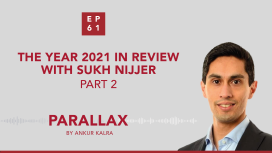
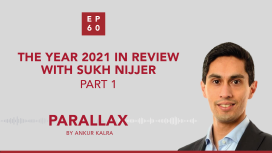

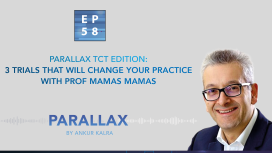
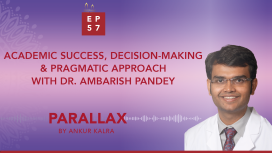
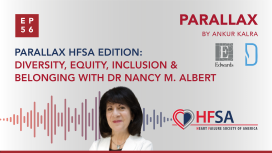

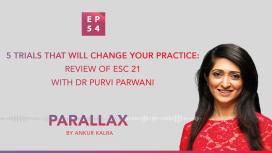
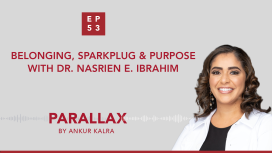
In this candid episode of Parallax, Nasrien and Ankur open up about their experiences of being an immigrant. Ankur asks Nasrien about her journey to medicine. Nasrien shares the lessons she took away from her years under the mentorship of Dr JoAnn Lindenfeld and later, Dr. James Januzzi. Finally, Nasrien shares her recent experience of writing Sparkplug and how she embraced life with its imperfections and found her purpose.

After the #MedBikini campaign provoked by a misogynistic study that scrutinized female doctors’ social media posts, this episode is about creating a safer environment for female healthcare professionals.

The charity organisation, Women as One is an agent for women and men to be part of medicine that is built on talent, rather than a privilege. Roxana and Ankur discuss the role of mentorship and family-friendly work environment in mending the broken house of cardiology. Roxana talks about the practical tools that are available for women to take the next steps in their career and achieve their goals.

Dr Kalra asks Dr Mauri about early influences and her traineeship with legendary interventionalists, the late Donald Baim and Richard Kuntz. Dr Mauri talks openly about her decision-making process and the importance of selecting your priorities and committing to them. Ankur asks Laura about her decision to go into industry. Laura shares her thoughts on medical innovations and meeting urgent needs with unique perspectives.
What is Dr Mauri’s advice for a young cardiologist? How did she balance research and patient care? What are the questions that helped her decision making? How does Dr Mauri think about innovations in medicine?

Brigham and Women’s Hospital’s Health Equity Committee decided to confront the status quo by asking: How is racism on a structural level present within our walls?
Ankur Kalra’s guests Michelle Morse (Founding Co-Director of EqualHealth and Assistant Professor at Harvard Medical School) and Lauren Eberly (Cardiology Fellow at the University of Pennsylvania) are co-authors of a retrospective study that demonstrated what had previously only been observed: That black or brown heart failure patients ended up in general medicine rather than specialised cardiology services. Following the publication of the study in November 2019, the Health Equity Committee started to roll out anti-racism trainings and to work on objective admission guidelines to mitigate biased behaviours.
Aarti Bhatt (Assistant Professor of Medicine at the University of Minnesota), member of the Minnesota chapter of Campaign Against Racism, talks about their initiative to support projects that have a positive impact on local communities on a global scale.

In this week’s Parallax, Dr Kanaa’N, the director of the program, and Dr Lahorra, chairman of the Heart, Vascular & Thoracic Department of Akron General introduce the listeners to the foundations of their program and the paradigm shift brought by TAVR.





